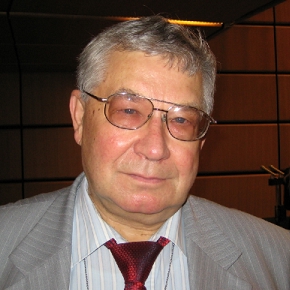 |
||
|
Parliament Member: Thermal Power Plants Could Lay Base for ‘Subnuclear’ Society in Japan RIA Novosti, PUBLISHED 28.09.2014 The future of Japan's energy industry lies in the creation of a "subnuclear" society that will not depend on nuclear power plants and will rely on combined-cycle thermal power stations instead, Hiroyuki Arai, member of the House of Councillors in the Diet (Japan's parliament), told RIA Novosti Tuesday. "Currently, Japan has technologies that could enable it to raise the efficiency of thermal power plants to 40-50 percent. These are combined-cycle thermal power stations with very high energy efficiency. It's IGCC technology," Arai, who is a member of Japan's New Reform Party (Shinto Kaikaku), said. An ene-farm can supply a family with 20 percent of the total amount of energy it needs, but few families can afford it, since the average cost of the system is about $15 thousand, according to Arai. Other news: Finnish Government Approves Rosatom Nuclear Reactor Project Ten ministers voted in favor of granting the application, while seven ministers voted against. Prime Minister: Finland to Continue Nuclear Cooperation With Russia Despite Sanctions If we look at Rosatom's activities, there have been no problems whatsoever. Russian Nuclear Experts Present Bushehr-2 NPP Project in Iran Several Russian companies, including OKB Gidropress and Atomstroyexport participated in the seminar. Last news:
|
Hero of the day 
The ISTC Responsible Science Program and Subprogram Culture of Nuclear Nonproliferation The dual-use nature of nuclear technology consisting in the potential for its application equally in peaceful and military sphere is the basic contradiction for the existing nuclear nonproliferation regime and comprehensive development of the nuclear power and nuclear fuel cycle. INTERVIEW
Jerry Hopwood OPINION
Joint Plan of Action |
Licence Р В Р’ВВВР В Р’В» №ФС77-30792. ATOMINFO™ trademark.

